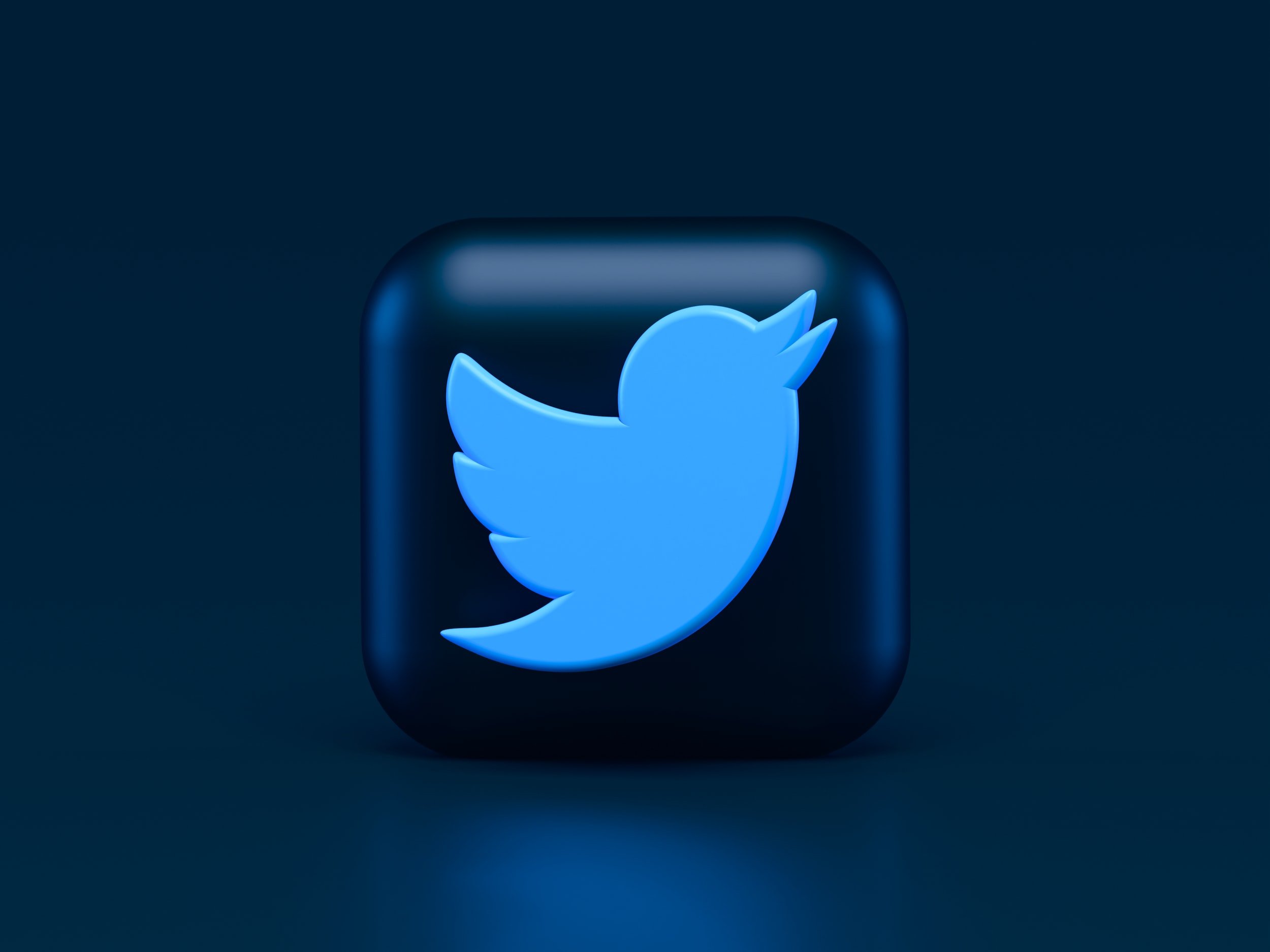Supreme Court Faces Social Media Regulation Debate
The US Supreme Court is tackling two crucial cases that could reshape social media's landscape. On Monday, the court will weigh whether Texas and Florida should have more control over what content social media platforms like Facebook and TikTok can remove. This debate centers on whether platforms have the autonomy to moderate their content or if states can impose restrictions, potentially infringing on First Amendment rights.
The crux of the issue lies in whether social media companies should be treated as publishers, who curate content, or as public utilities, where all speech is allowed. Texas and Florida argue for more regulation to prevent what they see as biased censorship, while opponents fear this could lead to rampant misinformation and extremist content.
The Supreme Court's decision could set a precedent for government intervention in online speech and significantly impact how social media platforms operate nationwide.
WHY IS THIS IMPORTANT?
This highlights a potential shift in the regulatory landscape of social media, which plays a significant role in communication and information dissemination within these sectors. If Texas and Florida gain more control over social media content moderation, it could lead to varying regulations across states, impacting how companies interact with customers and stakeholders online.
Additionally, the debate over whether social media platforms should be treated as publishers or public utilities has broader implications for free speech and online communication, which can influence public opinion, customer relations, and even business operations. Understanding these legal developments is crucial for businesses in these industries to adapt their digital strategies and navigate potential changes in online communication platforms.
🔥 OUR HOT TAKE?
The battle between state regulation and platform autonomy at the Supreme Court underscores a broader struggle over the role of social media in society. While Texas and Florida advocate for tighter controls to combat perceived censorship, opponents warn of the slippery slope towards unchecked misinformation. This legal showdown isn't just about legal nuances; it's a pivotal moment in defining the boundaries of free speech online.
Whichever way the court leans, the ramifications will reverberate far beyond the digital realm, shaping how we communicate, consume information, and safeguard democratic principles in the 21st century.
President Biden has signed legislation that could lead to a nationwide TikTok ban, sparking concern among the platform's vast community.
President Joe Biden recently signed a $95 billion national security package that includes a provision potentially banning TikTok, but with a critical timeline extension.
Diana Wiebe, like many of us, found herself deep in the world of social media during the pandemic, getting swayed by influencers on Instagram and TikTok to buy all sorts of products, especially skincare.
Thousands of TikTok users are rallying to prevent a potential ban on the app, which faces pressure from legislation forcing its parent company, ByteDance, to divest or risk being removed from U.S. app stores.
Former President Donald Trump expressed concerns about the proposed ban on Chinese-owned social media app TikTok in the United States during an interview on CNBC's "Squawk Box" on Monday.
The U.S. House of Representatives is speeding up a vote next week on a bill that would force China's ByteDance to sell off TikTok within six months or face a U.S. ban.
A recent viral social media post sparked a lively discussion about the prices at Five Guys, a popular burger chain in America.
A bipartisan group of U.S. lawmakers has introduced legislation to push China's ByteDance, owner of TikTok, to divest the app within six months or face a U.S. ban due to national security concerns over its Chinese ownership.
The US Supreme Court is tackling two crucial cases that could reshape social media's landscape.
Social media platform X, formerly known as Twitter, experienced a global outage affecting over 77,000 U.S. users at its peak.
A federal judge in Montana has temporarily blocked a state law that would have banned TikTok starting on January 1, 2024.
Small businesses can experience a sudden surge in demand when they go viral on social media platforms like TikTok.
The logistics industry is undergoing significant transformations in the digital age.
TikTok is reportedly working with third-party logistics (3PL) fulfillment service providers to build its own logistics network.
As global supply chains face disruptions caused by factors like the Ukraine conflict and China's economic slowdown, a growing number of companies are opting to bring their production back home.
After taking the social media conglomerate private in 2022 (sparking both praise and backlash), Musk is now facing the fallout from an ill-fated tweet he made in August 2018.
After months of back-and-forth with the social media company, the CEO of Tesla and Space X, Elong Musk, has finally taken control of the company after paying out $44 billion.
The extremely popular app with over one billion users has more than teenagers doing silly dances.
Twitter has come under fire in recent years for taking an aggressive stance on censoring political messages shared on its social media platform.





















TikTok has filed a lawsuit challenging a new federal law that could force its Chinese parent company, ByteDance, to sell the app or face a ban in the U.S.